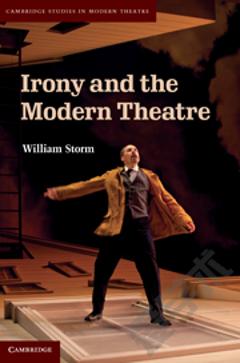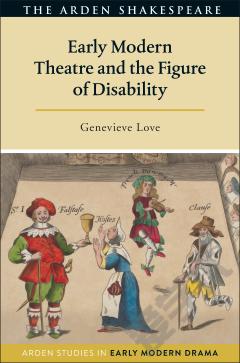Modernism and the Theater of Censorship
Adam Parkes investigates the literary and cultural implications of the censorship encountered by several modern novelists in the early twentieth century. He situates modernism in the context of this censorship, examining the relations between such authors as D.H. Lawrence, James Joyce, Radclyffe Hall, and Virginia Woolf and the public controversies generated by their fictional explorations of modern sexual themes. These authors located "obscenity" at the level of stylistic and formal experiment. The Rainbow, Lady Chatterley's Lover, Ulysses, and Orlando dramatized problems of sexuality and expression in ways that subverted the moral, political, and aesthetic premises on which their censors operated. In showing how modernism evolved within a culture of censorship, Modernism and the Theater of Censorship suggests that modern novelists, while shaped by their culture, attempted to reshape it.
{{comment.content}}








 京公网安备 11010802027623号
京公网安备 11010802027623号